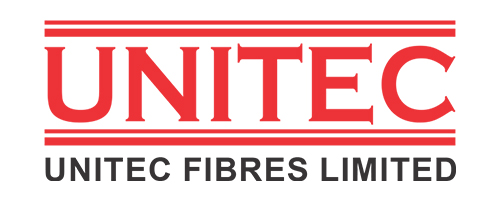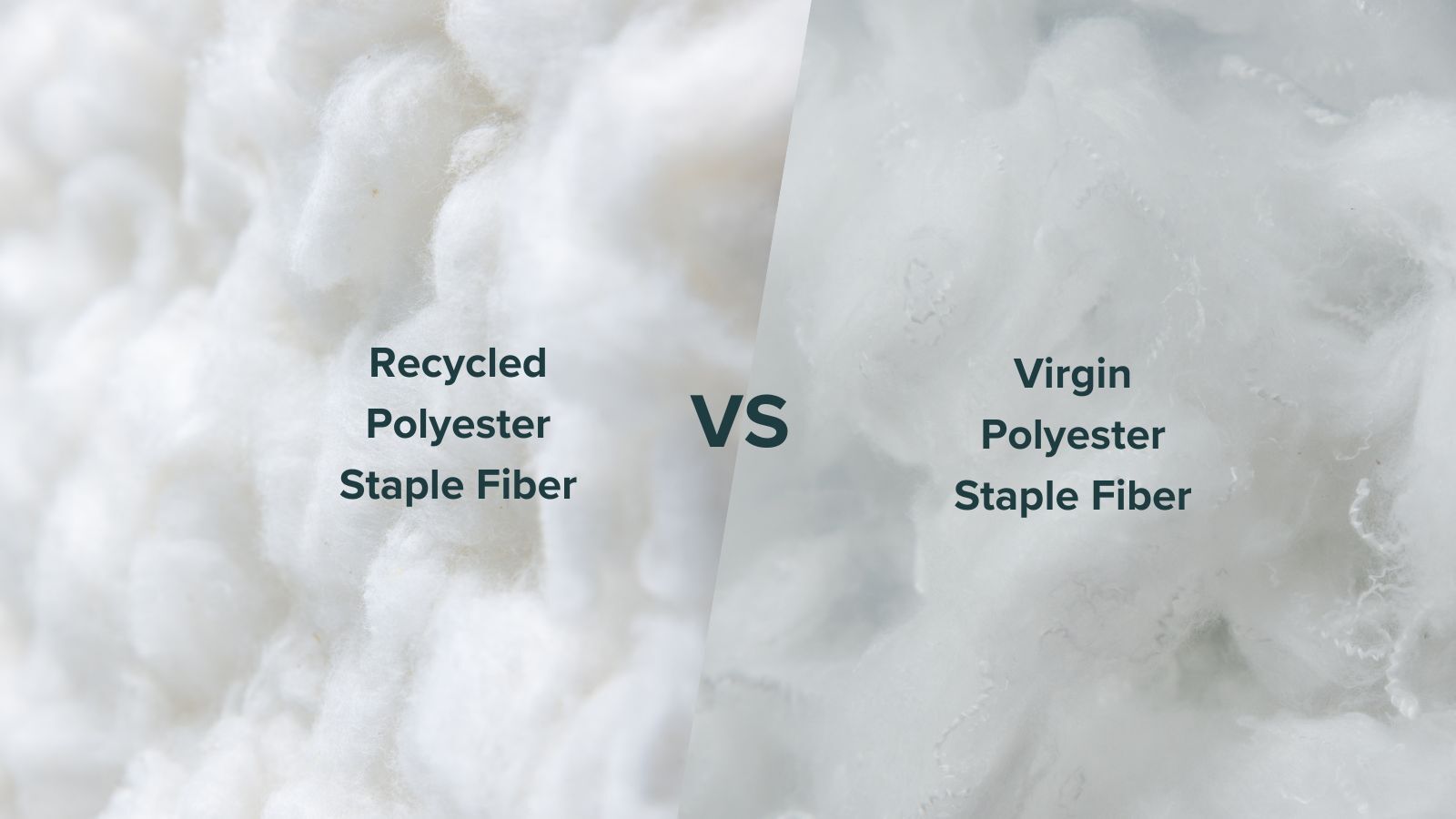At Unitec Fibres, we believe that sustainability should never be confusing. Or overwhelming.
We get it, choosing between recycled and virgin polyester can feel like a choice between saving the planet and getting quality materials.
But it doesn’t have to be this way.
In this quick and helpful guide, we’re breaking down the differences between recycled and virgin polyester, in plain English; so you can make smart, confident decisions whether you’re sourcing materials, making clothing, or just trying to understand what goes into your products.
First, What Is Polyester, Anyway?
Polyester is a type of plastic (yes, plastic!) that’s spun into fibers and used to make everything from T-shirts and yoga pants to backpacks and car seats. It’s durable, lightweight, and doesn’t wrinkle easily.
All good things.
But there are two types:
- Virgin Polyester: Made from newly-produced plastic, using oil as the starting point.
- Recycled Polyester (also called rPET): Made by lending a second life to used plastic, like old water bottles or textile waste.
Let’s see how they really compare.
Performance: Do They Feel or Work Differently?
Short answer: Not really. In most everyday uses, one won’t feel the difference.
- Recycled polyester performs just as well as virgin polyester in terms of durability, moisture-wicking, and strength.
- It’s commonly used in activewear, outerwear, upholstery, and more. Just like Virgin polyester.
- Unless you’re testing fibers under a microscope or pushing gear to extreme limits, you likely won’t notice a drop in performance.
Cost: Is Recycled Polyester More Expensive?
You may be surprised.- Traditionally, recycled polyester was a bit pricier, due to the recycling process and technology involved.
- But as innovation and demand grow (thanks to conscious brands and buyers like you!), the cost gap is closing fast.
- When considering brand value and long-term sustainability goals, recycled polyester can be more cost-effective.
Environmental Impact: This Is Where Recycled Actually Stands Out
Here’s where recycled polyester clearly pulls ahead:- Uses less energy to produce than virgin polyester
- Reduces plastic waste by giving bottles and other plastics a second life.
- Significantly cuts down on greenhouse gas emissions.
- Reduces dependence on fossil fuels, since it doesn’t rely on fresh oil.
Every kilo of recycled polyester is a small win for the planet. And those wins add up.
At Unitec Fibres, we’ve made it our mission to turn plastic waste into purposeful materials.
In fact, we’ve already diverted millions of plastic bottles from landfills, transforming them into innovative fibers that power everything from fashion to furniture.
So…. Which Should You Choose?
If sustainability, innovation, and long-term value are non-negotiable to you (and we’re guessing they are), recycled polyester is a smart, forward-looking choice.
It works just as well. It’s increasingly cost-competitive. And most importantly, it helps shrink our collective environmental footprint.
Small Choices, Big Impact
You don’t have to overhaul everything overnight. But whether you’re switching to recycled materials in your production or simply learning more, every shift makes a difference.
At Unitec Fibres, we’re here to make that shift easier, by providing high-performance recycled polyester yarns that help you create without compromise.
Want to know more about our recycled yarns and how they can work in your supply chain?
Reach out to us!

